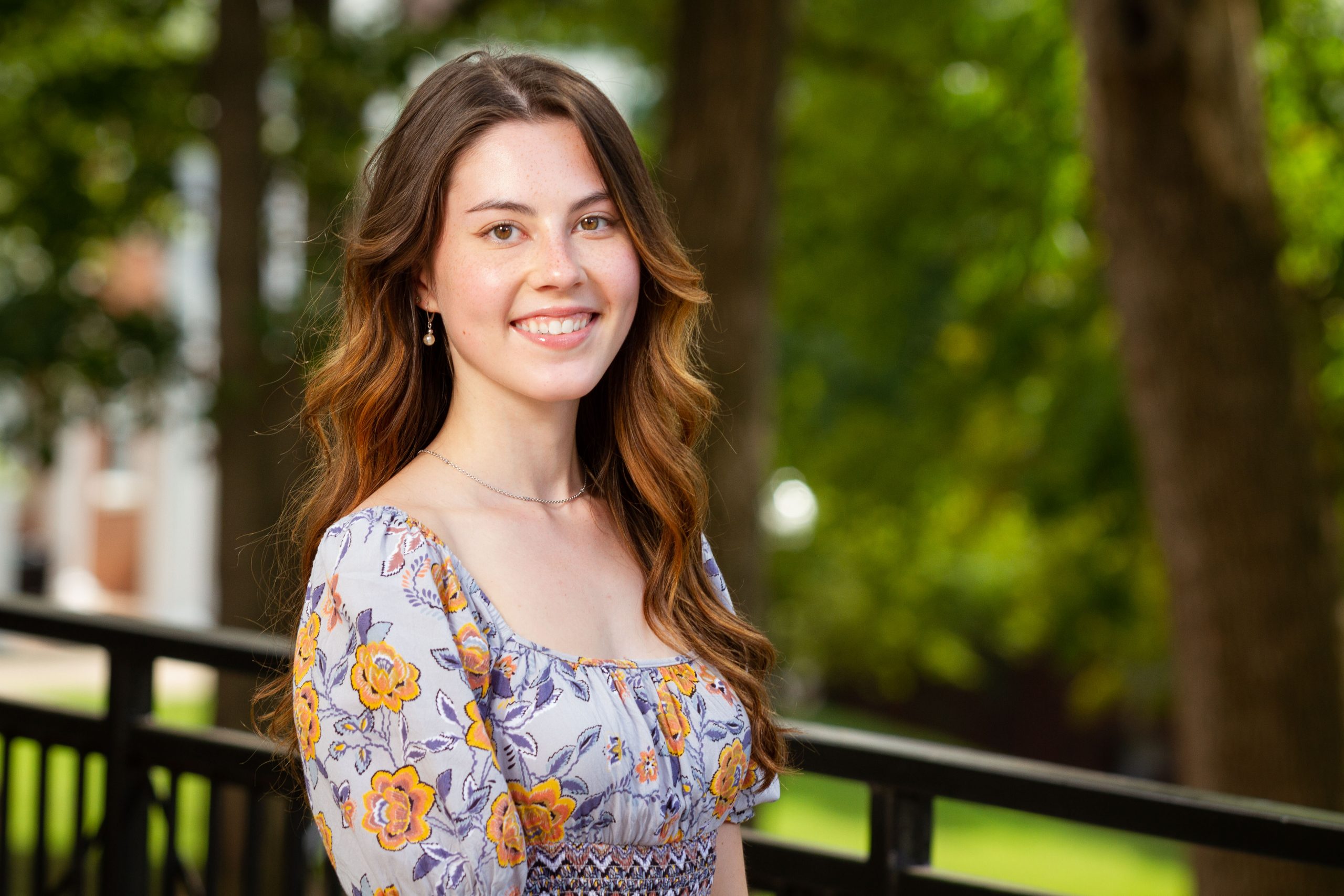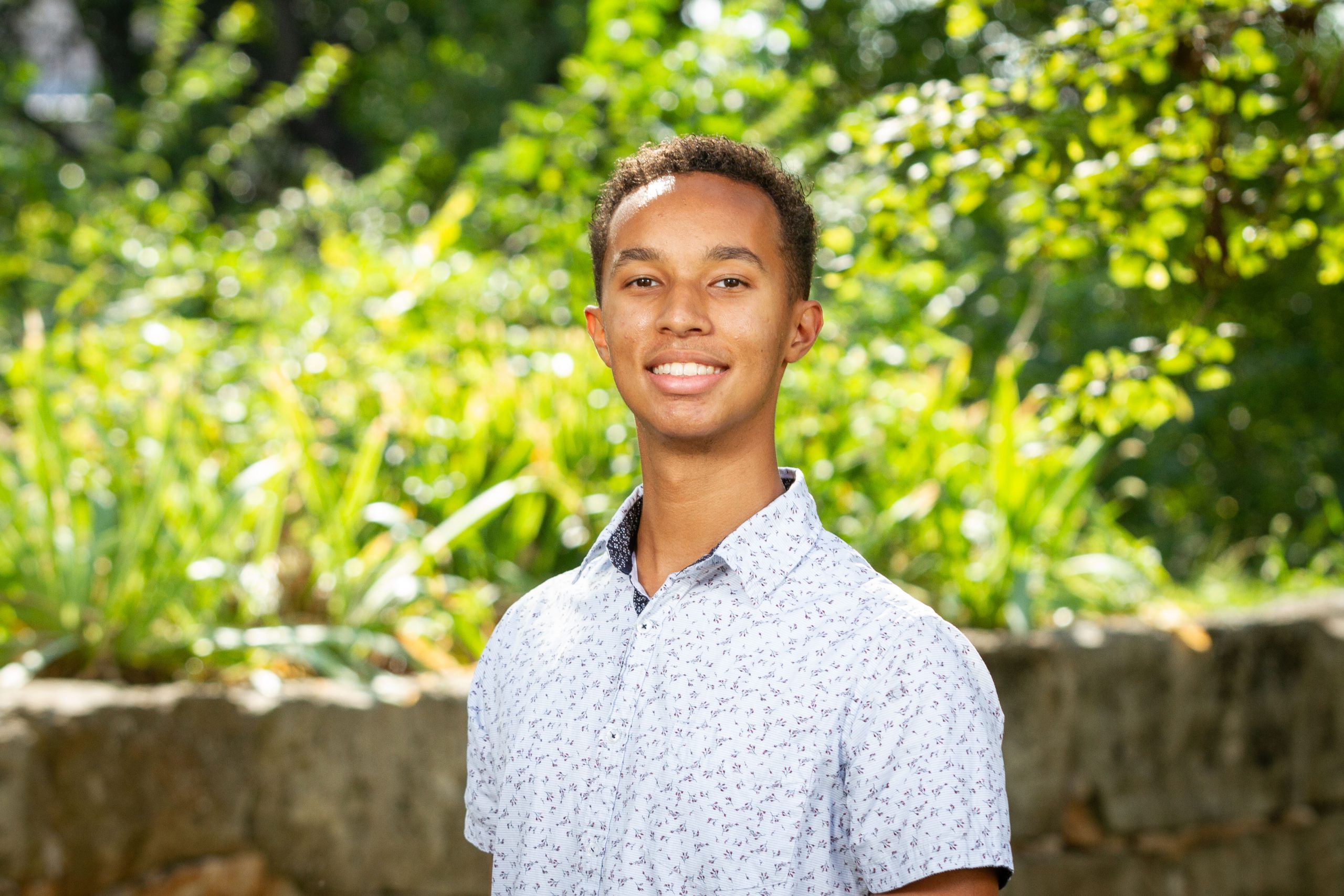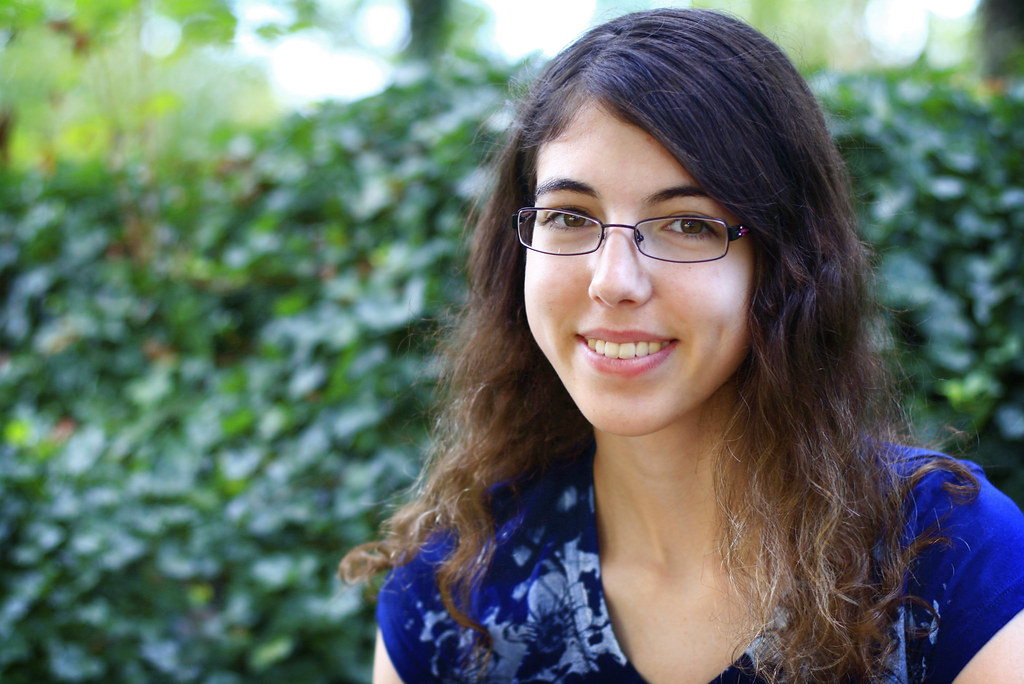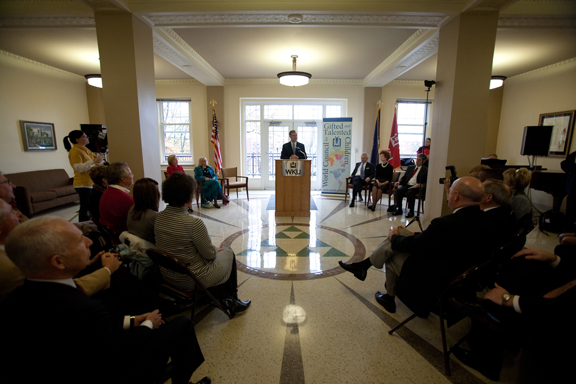Gatton Academy Students Shine at WKU Student Research Conference
April 4, 2011 | Academics, Alumni, News, People, Research, Student Success, Students | No Comments
 The 41st Annual WKU Student Research Conference was the biggest in the eventʼs history with 135 paper presentations and performances as well as 80 poster presentations and exhibits March 26 at Gary A. Ransdell Hall.
The 41st Annual WKU Student Research Conference was the biggest in the eventʼs history with 135 paper presentations and performances as well as 80 poster presentations and exhibits March 26 at Gary A. Ransdell Hall.
A total of 149 undergraduate students and 66 graduate students were primary authors this year and an additional 112 students were co-authors. The undergraduate participants included 61 Honors College students and 29 students from the Gatton Academy of Mathematics and Science in Kentucky.
A total of 124 faculty members served as mentors, and 33 departments from all colleges were represented among the conference participants.
The conference program is available online.
Academy students and alumni honored are noted in bold. Student Research Conference session winners included the following:
Undergraduate Papers
- Madalyn Schreiner, a junior from Alvaton, Exposing the Cracks in the Masks, Best Undergraduate Paper in the Humanities, Session 1
- Matthew Vaughan, a senior from Wayne, Pa., Fair Trade Education and Awareness at WKU, Best Undergraduate Paper in the Social Sciences, Session 2
- Maggie Wilder, a senior from Berea, Prescribed Fire Effects on Summer and Fall Herbs in Eastern Mesic Forests, Best Undergraduate Paper in the Natural Sciences, Session 3
- David Evans, a senior from Somerset, Analysis of Vegetation Health and Density within the Makalu Barun National Park, Nepal Using Supervised Classification of Remotely Sensed Data, Best Undergraduate Paper in the Natural Sciences, Session 4
- Sarah Schrader, a Gatton Academy student from Bowling Green, Genomic Analysis of TT9, a Novel Mycobacteriophage, Best Undergraduate Paper in the Natural Sciences, Session 5
- Daniel Hinson, a senior from Greenbrier, Tenn., Synthesis of Some Group VII Pyridazine Complexes, Best Undergraduate Paper in the Social Sciences, Session 6
- Colleen Wynn, a senior from Louisville, Hopelessly Disadvantaged Like You: A Comparative Study of Disadvantaged Youth in Mobile and Medellin, Best Undergraduate Paper in the Social Sciences, Session 7
- John Jennings, a senior from Bowling Green, Ortho-Metalation of Para-Bromo and Para-Iodoanisole Utilizing Ortho-Lithiodimethylben-zylamine, Best Undergraduate Paper in the Natural Sciences, Session 8
- Kayla Herchenrader, a senior from Louisville, Barren River Sports Center, Best Undergraduate Paper in the Natural Sciences, Session 9
- Mark Bailey, a senior from Cold Spring, The Coney Island Mall, Best Undergraduate Paper in the Natural Sciences, Session 10
- Amar Patel, a senior from Russellville, Poly(3-hexyl thiophene) and Perylenediimide Functionalized Siloxane and Bridged-Siloxane Nanoparticles, Best Undergraduate Paper in the Natural Sciences, Session 11
- Whitney Tyree, a senior from Smiths Grove, A.R.T.E.M.I.S Double Prime, Best Undergraduate Paper in the Natural Sciences, Session 12
- Kasey Vaught, a senior from Versailles, The Moral Lapses of Men: Justice Defined by Watchmen, Best Undergraduate Paper in the Humanities, Session 13
- Leigh Gaskin, a senior from Bowling Green, Gales Point Cemetery Restoration, Best Undergraduate Paper in the Humanities, Session 14
Undergraduate Posters
- Wren Burnett, a senior from Bowling Green, Contemporary Design Collaborations, Best Undergraduate Poster in the Humanities, Session 1
- Rachael Baumgardner, a senior from Bonnieville, Art Deco Jewelry, Best Undergraduate Poster in the Humanities, Session 2
- Chasen Igleheart, a senior from Central City, Salo, Best Undergraduate Poster in the Humanities, Session 3
- Sean Shannon, a senior from Beavercreek, Ohio, Identification of Candidate Basement Membrane Degraders Using Drosophila Genetics, Best Undergraduate Poster in the Natural Sciences, Session 4
- Owen Gaulle, a sophomore from Nashville, Tenn., Evaluating the Lyrid Stream from a High Altitude Balloon Experiment, Best Undergraduate Poster in the Natural Sciences, Session 5
- Virginia Martin, a senior from Bardstown, Synthesis and Characterization of Analogs of the Anticancer Drug Oxaliplatin, Best Undergraduate Poster in the Natural Sciences, Session 6
- Shelby Rader, a Gatton Academy alumna and senior from Irvine, Synthesized Crystalline Materials and Ion Exchange, Best Undergraduate Poster in the Natural Sciences, Session 7
- John Wilson, a senior from Hickman, Predictability Time of an Einstein Klein-Gordon Cosmology, Best Undergraduate Poster in the Natural Sciences, Session 8
- Kathryn Carpenter, a senior from Owensboro, SKy Teach vs. the Traditional Teacher Education Program: Why Is the Quality of Learning of Educational Psychology Content Different?, Best Undergraduate Poster in the Social Sciences, Session 9
- Curtlyn Kramer, a Gatton Academy student from Ashland, The Effect of Sexual Context on Moral Decision Making in Men and Women, Best Undergraduate Poster in the Social Sciences, Session 10
Contact: Rodney King, (270) 745-6910 begin_of_the_skype_highlighting (270) 745-6910 end_of_the_skype_highlighting.







